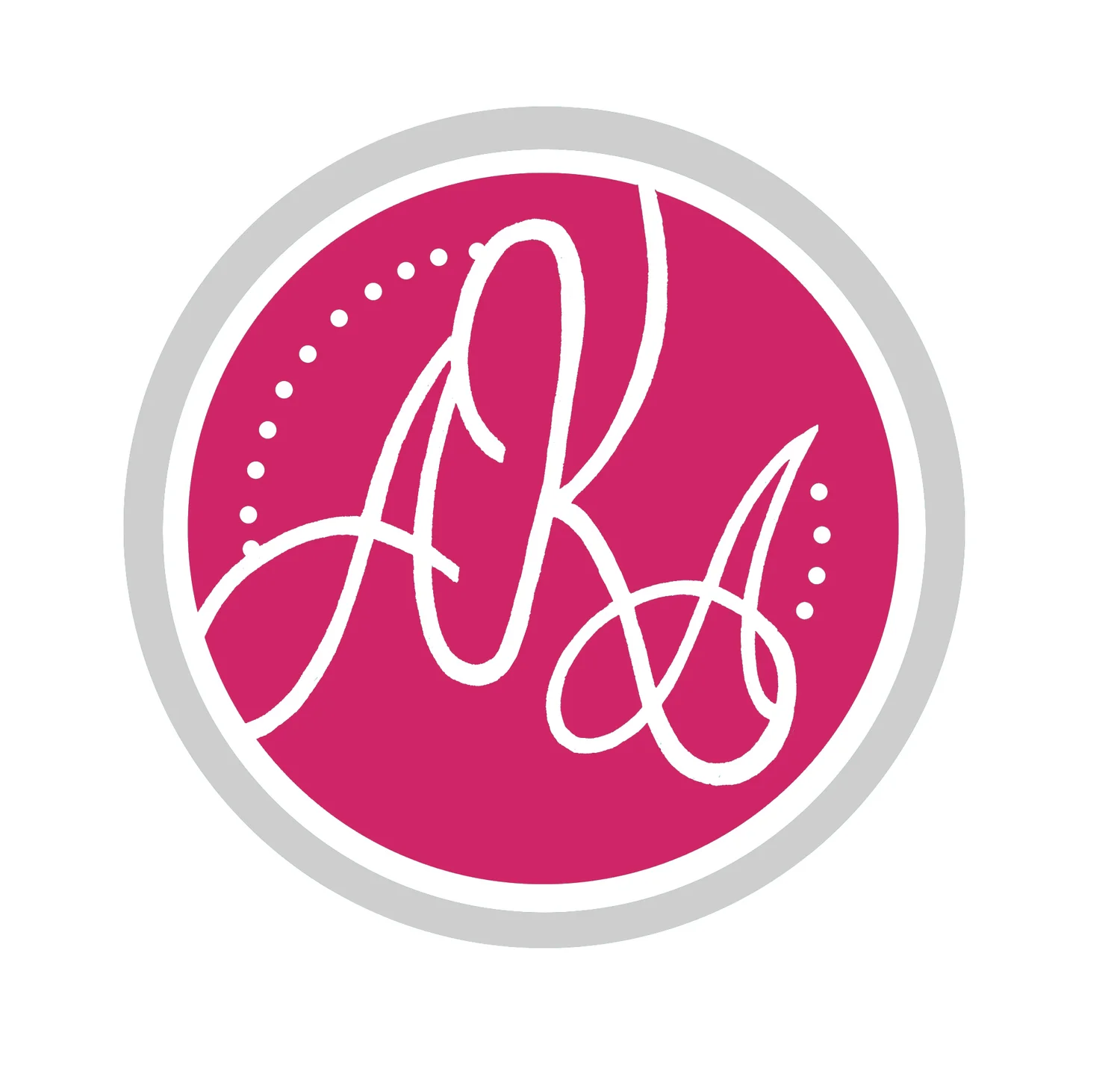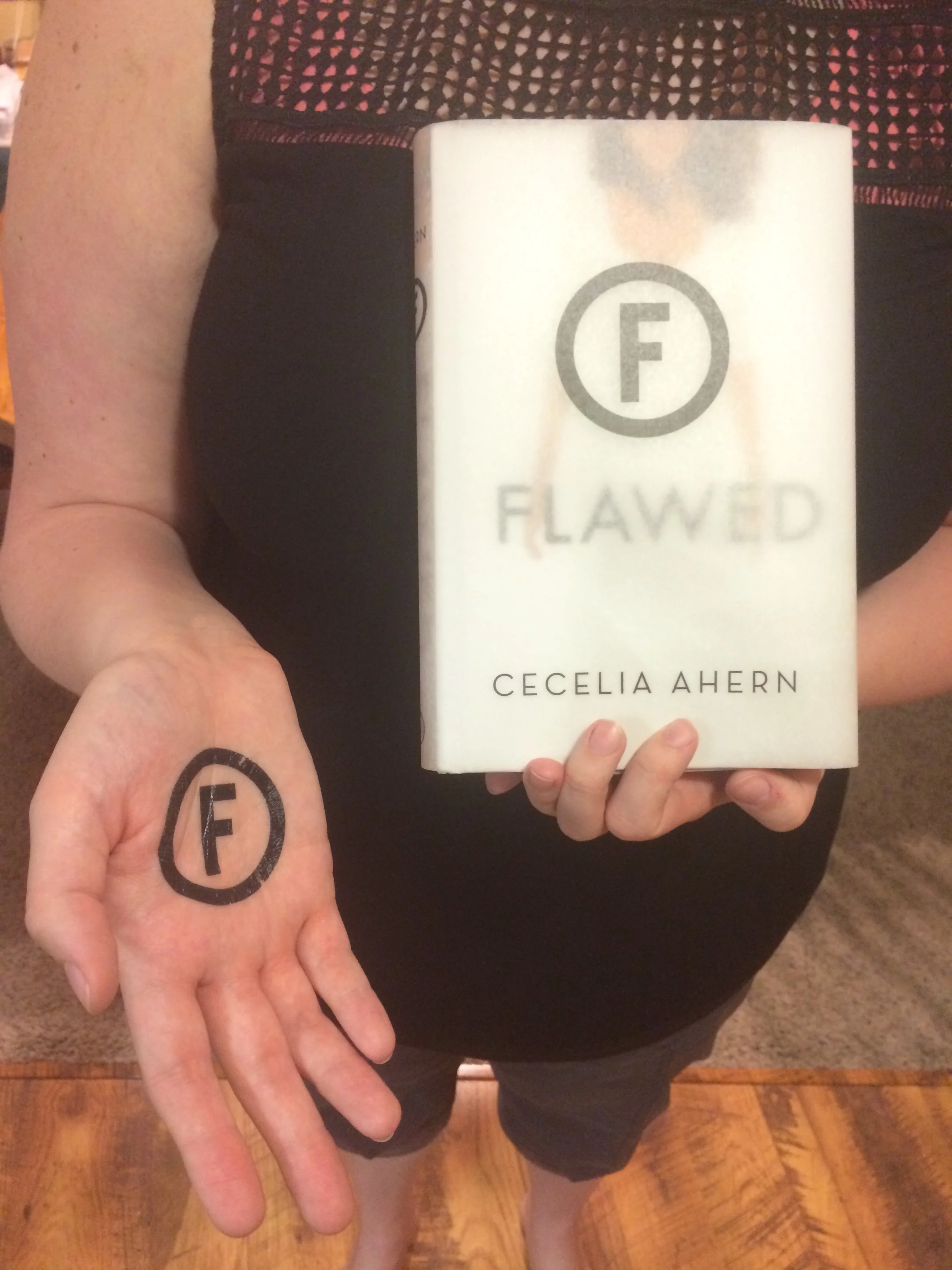Flawed
Flawed
By: Cecelia Ahern
This book was chosen for me. My family got me a subscription to OwlCrate for my birthday, and this is the first book I got with my subscription. And let me tell you, I was a little nervous about the theme for my first box—dystopia—but it did not disappoint.
Let me explain myself a little bit. I read the Twilight books in high school. I liked them. I did. Despite the writing, I fell for the pop culture. And then there was an explosion of vampire and werewolf books. It got crazy. Dystopia is part of pop culture now. Dystopian novels have overrun the market of Young Adult novels—and I appreciated The Giver and 1984. But then The Hunger Games happened. Which I also liked, despite the kid-on-kid murders, until the end. I didn’t like the end. But that’s a different story (I also don’t think you’re suppose to like the end). The point of this rambling paragraph is that I don’t always trust the trending genre to put out good stories. I just don’t. And that’s something I’m going to have to get over if I’m going to work in the industry. But there it is. I don’t always trust dystopian novels.
This book proved me wrong. This book was fantastic. This book is everything a dystopian novel should be. It made me ask questions about how we look at people who are different from us. It made me think about how we view crime and bad decisions.
In this book’s world, if a person makes a mistake (more specifically, if they have a lapse of judgment) they are put on trial and branded. They are branded so that others may know that they have sinned against society. And then they have a series of rules they have to follow that isolate them. They are the Flawed.
The main character of this book is put on trial because she sees a Flawed man on the bus struggling. And she decides to help him. She is a rule follower. She has never broken a law. When this man collapses, she goes against the rules and helps him.
She got in trouble because she did the right thing. Because she acted out of compassion. I would have done the same. And I like to hope that most people would do the same.
I like this book because it shows how sometimes the law doesn’t allow for grace. And while I’m not a rebel by any means, I do believe in large doses of Grace. As humans we don’t always get the laws right, and this book illustrates that well.
This book is about how Celestine is judged and what her life is like after the judgment is passed. I don’t want to give anything away, but it’s a book that really makes you look at how you view other people. It makes you think about how you can show grace and compassion to people even after they make mistakes.
I think this book is really relevant to current culture because it is so easy for us to condemn people without knowing the whole story—or any of the story in some cases. In my opinion, this book achieves what The Hunger Games couldn’t. And I highly recommend it to anyone who is interested in dystopian books—and even to those who aren’t.
I do have a slight criticism, and it has nothing to do with the story itself. This is the first book in a series. But that is not indicated anywhere. I finished it and said to my future sister-in-law, “It doesn’t end. I want to know how it ends. But that was not an ending. Is there a sequel to this? Oh my gosh, I hope there is a sequel to this.” While I was ranting and raving about not knowing there was sequel, she looked it up for me. There is a sequel. And I can’t wait to get my hands on it.



